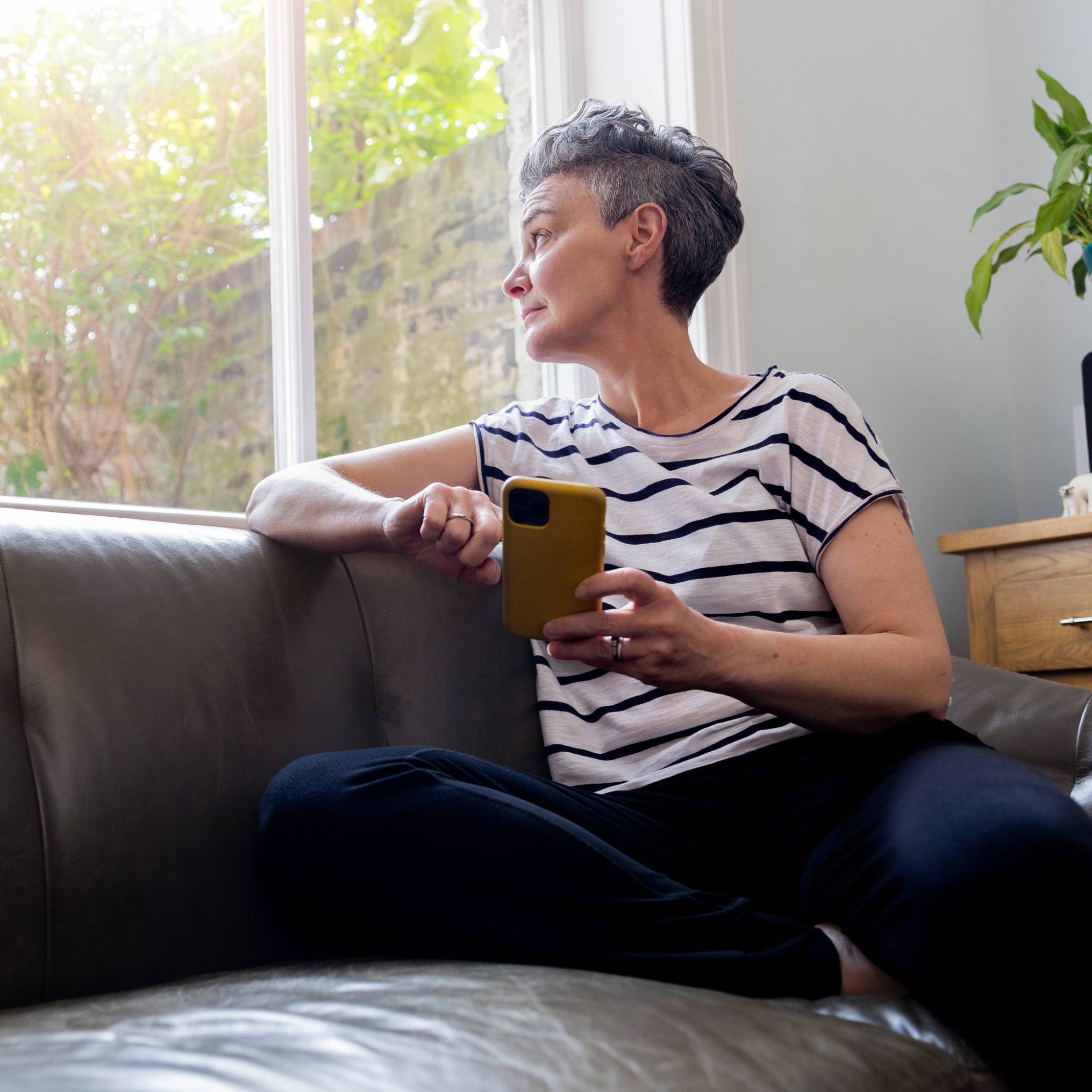-
Housecall: Are complementary and alternative medicine therapies right for you?
 THIS WEEK'S TOP STORIES
THIS WEEK'S TOP STORIES
Complementary and alternative medicine
Just how popular is complementary and alternative medicine? Nearly 30 percent of adults have tried it, and health care providers are embracing the idea, too — often in combination with mainstream medical therapies. From herbal remedies and dietary supplements to ancient healing systems, learn more about complementary and alternative medicine, and see what might be right for you.
Stroke: First aid
A stroke is a true emergency. Faster treatment means less damage, so every moment counts. An easy way to remember the warning signs of a stroke is with the acronym "FAST," or Face, Arms, Speech and Time. Knowing what to look for could help save someone's life. Here's what you need to know.
EXPERT ANSWERS
What causes olfactory hallucinations?
With olfactory hallucinations, or phantosmia, you detect smells that aren't present in your environment. The odors detected in phantosmia vary from person to person and may be foul or pleasant. They can occur in one or both nostrils. The phantom smells may be constant or come and go. Learn more from Dr. Jerry Swanson, a Mayo Clinic neurologist.
Is body weight training effective for strength training?
Body weight training — using only your body weight for resistance — can be an effective type of strength training. The resistance training effect you get from using your body weight can be as effective as training with free weights or weight machines. Learn more from Dr. Edward Laskowski, a Mayo Clinic physical medicine and rehabilitation specialist and co-director of the Mayo Clinic Sports Medicine Center.
PLUS ADDITIONAL HIGHLIGHTS
Broken heart syndrome
Hiatal hernia
Dermabrasion
Ingrown hair
HEALTHY RECIPES
Brown-sugared pork tenderloin stir-fry
Chipotle spiced shrimp
Caramelized onion chicken pizza
Mango salsa
HEALTH TIP OF THE WEEK
Hay fever: How to avoid triggers
If you have hay fever, the best thing you can do is reduce your exposure to allergens, such as pollen and mold:
- Close doors and windows during pollen season.
- Use air conditioning in your house and car.
- Avoid outdoor activity in the early morning, when pollen counts are highest.
- Use a dehumidifier to reduce indoor humidity.
- Use a high-efficiency particulate air, or HEPA, filter in your bedroom.
Need practical advice on diet and exercise? Want creative solutions for stress and other lifestyle issues? Discover more healthy lifestyle topics at mayoclinic.org.
Receive a free e-subscription to Housecall and other health newsletters.
Related Articles






